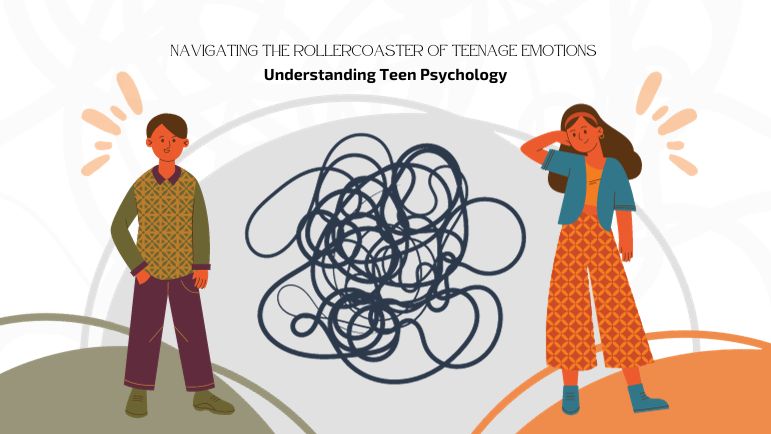How To Clearly Define Academic Goals?
How To Clearly Define Academic Goals? The crisp air of a new academic year is just around the corner, bringing with it a fresh wave of possibilities and a chance for a reset. This is the perfect time to think about what you want to achieve and set meaningful academic goals in the coming academic year. Setting academic goals isn’t just about getting good grades; it’s about charting a course for growth, making the most of your opportunities, and building a fulfilling academic experience. So, as you prepare for the year ahead, consider setting goals across different areas of your student life. Here are some kinds of goals you should consider setting for the new academic year: Setting Academic Goals Naturally, academic performance is a core part of the student experience. Setting clear goals for your studies can provide direction and motivation. Target Grades: Instead of a general “do better,” aim for specific grades in particular subjects. For example, “Achieve a B+ or higher in Science by the end of the mid-term.” Subject Mastery: Focus on truly understanding challenging concepts rather than just memorizing for tests. Goal idea: “Spend an extra hour each week working through practice problems in Physics to deepen my understanding.” Skill Development: Identify academic skills you want to improve, such as essay writing, public speaking, research, or critical thinking. Goal idea: “Participate in a debate competition to improve public speaking and take necessary guidance from parents and teachers.” Reading Habits: Aim to read a certain number of books or articles related to your studies or for personal enrichment. Goal idea: “Read one relevant academic article outside of assigned readings each week.” Personal Development Goals Your time as a student is also a crucial period for personal growth. Set goals that help you become a more well-rounded individual. Time Management: Improve your ability to balance coursework, extracurriculars, and personal life. Goal idea: “Create a weekly schedule that allocates specific time slots for studying, activities, and relaxation.” Organization: Develop better organizational habits for your notes, assignments, and study space. Goal idea: “Spend 15 minutes each Sunday organizing my study materials for the upcoming week.” Well-being: Prioritize your physical and mental health. Goal idea: “Incorporate 30 minutes of physical activity into my routine three times a week” or “Practice mindfulness for 10 minutes daily.” Develop a New Skill: Learn something new outside of your core academics, such as coding, a new language, or a creative pursuit. Goal idea: “Complete an online introductory course in Python programming this semester.” Extracurricular and Social Goals Join a Club or Organization: Step outside your comfort zone and connect with others who share your interests. Goal idea: “Join one new club related to a hobby.” Leadership: Seek opportunities to take on leadership roles in the school and outside academics. Goal idea: “Stand for student election in the school.” Community Involvement: Give back to your school or local community. Goal idea: “Volunteer for a campus event or a local charity once a month.” Financial Goals Managing finances is an important life skill, especially for students. Budgeting: Create and stick to a budget. Goal idea: “Track all my expenses for the first month to understand my spending habits and create a realistic budget.” Saving: Set a goal to save a certain amount of money. Goal idea: “Save X amount of money by the end of the academic year for textbooks or future expenses.” Making Your Goals SMART As you set your goals, remember the SMART framework: Specific: Clearly define what you want to achieve. Measurable: How will you track your progress? Achievable: Is the goal realistic and attainable? Relevant: Does the goal align with your overall aspirations? Time-bound: Set a deadline for achieving your goal. Instead of saying “I want to get better grades,” a SMART goal would be: “I will improve my final grade in Chemistry from a C to a B by the end of the mid-term by attending all lessons, reviewing my notes daily, and completing all practice problems.” The start of a new academic year is a fantastic opportunity to set intentions and work towards becoming the best version of yourself, both academically and personally. Take some time to reflect on your aspirations, set your goals, and make the upcoming year your most successful one yet!










